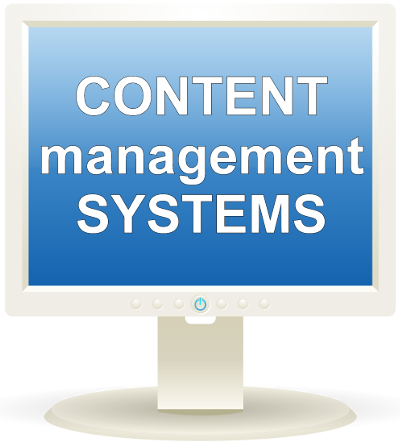Best Content Management Systems Rely on 3 Tips

Opinions about the best content management systems will vary from person to person because so many factors go into the best choice.
Drupal lovers insist that their CMS is technically superior to any other free online publishing platform.
While it may be true that it is technically superior to WordPress or Joomla, it also requires strong technical skills to implement and maintain the software. It is not a good choice for publishers with limited technical knowledge.
ExpressionEngine lovers will point out that it is one of the most flexible, widest distributed and least expensive commercial platforms on the market. Yes, but a major upgrade a few years ago was so badly implemented that it cost the company both credibility and many customers.
Large sites with customized systems rightly claim that customization ensures a smooth integration with the organization. Sure, but only if the organization has staff expertise or an enormous amount of money to spend on it.
So the best content management system is a matter of a person’s or organization’s budget, skills, staff size and other factors.
Three tips make the process of choosing the right CMS a little easier.
Tip #1: Identify the Benefits
Most sites should use a CMS for several important reasons. A CMS will:
- Save time from coding pages and applications
- Provide rich functionality such as search, comments and e-commerce
- Display consistent templates that don’t confuse site visitors
- Make it much easier to implement changes that affect many pages.
The full list of benefits will vary from one organization to the next. So it’s a good idea to list and prioritize the potential goals and benefits before moving on to the next step.
Tip #2: Understand CMS Types
Once goals and benefits are clear, it’s time to start thinking about which type of system will best fit those goals and benefits. Which one will compensate for an organization’s strengths and weaknesses?
Three broad types of CMS platforms are available:
- Open source
- Commercial
- Customized
Open-source CMS platforms including Drupal, Joomla and WordPress are free, which is a great advantage. But they also come with no support other than community message boards.
WordPress, the world’s most popular CMS, is best for bloggers. Small businesses like it because it is easy to implement and maintain.
Joomla reportedly is the second most popular CMS. It is a bit more complex and works well for community and social networking sites. Drupal is the most powerful of the three but also the most technical and non intuitive.
Many other free, open-source systems exist. But using one is more risky because they come and go.
Commercial systems seem to come and go even more than the open source systems. For some people, they represent an even greater risk. These systems are usually expensive but also come with dedicated support.
Commercials systems have a wide range of prices that depend on the size of the site, functional requirements, amount of technical support and other factors.
A custom system is more common with larger organizations with a technical staff. They either hire an outside firm that customizes an open-source system or built it themselves using open-source code.
Custom systems have high labor costs but often also have greater reliability, stability and flexibility.
Tip #3: Organize Decision Factors
Here are some primary considerations in making a choice:
1. Price: balancing limited budgets with capabilities that grow audience and revenue
2. Technical support: staff versus outsourced
3. Training and documentation: strongest with commercial, weakest with open source
4. Usability: Is it intuitive or easy to use for staff with limited technical skills?
5. Productivity: Make sure the time savings in the long run exceed the effort needed to launch.
6. Viability: make sure the developers are stable, reliable and likely to keep developing the software for as long as possible.
It is critically important to keep in mind that different online content management systems have different strengths and weaknesses.



 Promise Media offers online business tips and best practices for content-rich websites.
Promise Media offers online business tips and best practices for content-rich websites.